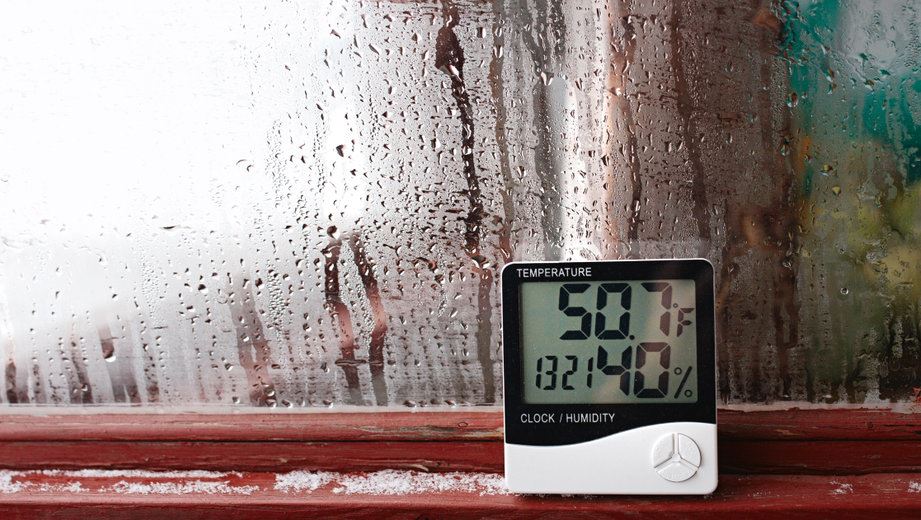In our climate, humidity levels can be a factor in home comfort and HVAC performance in both the cold and warm weather. During the winter months, there are several factors as to why your indoor humidity is too low and ways you can fix it!
One of the largest concerns people experience in cold seasons, aside from the chilly weather, is dry air. Little to no humidity in the air can cause a lot of problems like dry skin, itchy eyes, and irritated sinuses and throat, which can exacerbate existing health problems. Extended exposure to dry air can also greatly irritate the mucous membrane lining in the respiratory tract – which can increase the risk of infection, especially for people with asthma. Below are some of the ways dry air impacts your health and home.

Negative Effects of Dry Air
- Higher likelihood of getting ill and getting or agitating respiratory problems
- Chance of damage to your home’s wood furniture, walls, floors, and electrical items
- Contributes to more expensive utility bills due to the fact that dry air feels colder, leading you to turn up the heat, which makes the air even drier
- Higher likelihood of bloody noses, static shocks, sore throats, allergies, asthma, and dry/itchy eyes, throat, and skin
Generally, it’s the dry air that triggers several of the health problems attributed to the cool weather during cold and flu season. This is why it is important to be watchful of the humidity levels in your house. By keeping the humidity at a comfortable, healthy level, it will help curb several of these issues.

